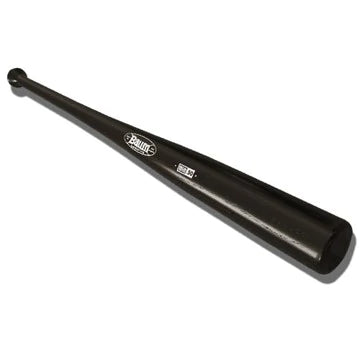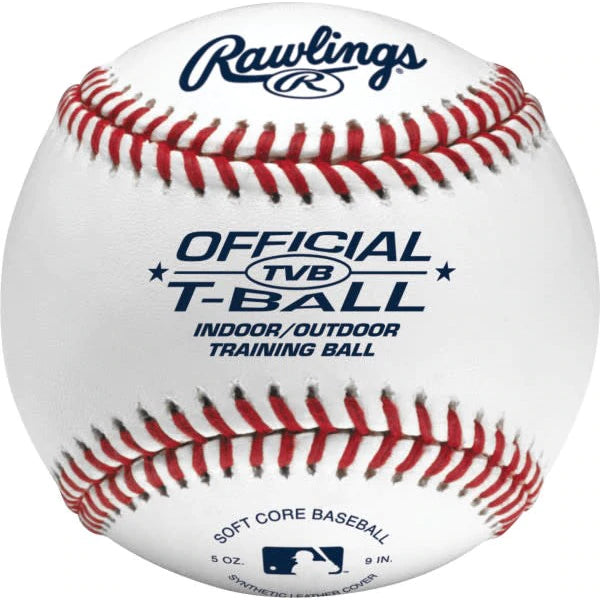By Joel Clark, Sports Performance Nutritionist
As the temperature drops, the daylight is reduced and the Christmas holidays are just around the corner, it’s easy to let your training and nutrition routines slip. Maintaining and developing good nutrition practices in winter not only helps maintain health, but will lay a solid foundation for you to build on when pre-season comes around, so you’ll be ready to pitch, field and bat your best when the new season starts. Here are some key nutrition tips to help you in the winter months.
1. Building a Strong Nutritional Foundation for the Off-Season
The winter months and off-season present the opportunity to build foundational nutrition skills, habits and routines that will help you when your training becomes more intense and specific to baseball and softball during the pre-season and season. A key skill to develop is meal planning.
Meal planning allows you to vary your weekly meals, as well as either preparing your food ahead of time or just knowing what you’re going to be cooking on each day.
We’ve all been there at the end of the day and you get home and there's no food in the fridge and you have two options. Either trying to figure out what to cook and then going to the shops or getting a takeaway (which, let’s face it, is always too tempting). With good planning we can avoid this and make sure we are eating good food prepared ahead of time.
Here are 3 tips to help with your meal planning:
-
Know your week and schedule: Know when in your week you’ll plan your meals and do your food shop, as well as which day’s you have more time or less time to cook.
-
Decide Your Meal Prep Style: Will you prep all your meals ahead of time, or do you prefer cooking each evening? Choose what works best for your routine and stay consistent.
- Build a bank of go-to meals: Find, test and create a bank of meals that you know you enjoy and are easy to cook, so you can easily find recipes and meals for the week which are quick to cook.
2. Nutrition for Winter Training
Whether your winter training is in the gym or outside on the field there are some key vitamins and nutrients that you should consider for your nutrition and training over the winter months.
Vitamin D: Helps maintain a healthy immune system, reduces the risk of illness and maintains bone and muscle health.
During the season and in the summer when you’re spending lots of time outside on the field you get your daily dose of vitamin D. However, in the winter months in the UK we get 80% of our vitamin D from our diet as there is not enough sunlight. Some foods high in Vitamin D include:
- Oily fish (e.g. salmon), red meat, egg yolks, fortified foods, however it’s hard to get enough vitamin D from food each day.
- Taking a Vitamin D supplement of 1000 IU/day is recommended.
Vitamin C
Helps to maintain a healthy immune system and fight off illness. In the winter we are more at risk of getting ill and ensuring enough Vitamin C is consumed in our diet is important.
Foods such as citrus fruits (e.g oranges and grapefruits), peppers and broccoli are all high in vitamin C. Making sure to consume a good amount of these foods over the week is important.
Hydration in the cold
Although the cold weather means you have to drink less than you would in the summer, hydration is still really important.
The cold weather can reduce your feeling of thirst, meaning that you need to be more mindful of the amount of water you are drinking each day to avoid becoming dehydrated.
Electrolytes help to increase water retention (the amount of water you keep in your body after drinking). This means with the addition of electrolytes you can become more hydrated.
Carbohydrates
Carbohydrates have developed a bad reputation, but they are your body's preferred fuel source, especially for high-intensity activities such as sprint drills, batting practice and strength training.
You should look to have 1-4 g/kg body weight of carbohydrates 1-4 hours before your training session. This will make sure you are well fuelled and can perform your best both in the gym and on the field.
3. Navigating Holiday Eating
The holiday season can be difficult to work out how to navigate your nutrition and when to train.
Nutrition
It’s important to avoid falling into the all-or-nothing thought process while eating during the holidays. Allow yourself to enjoy food over this period and try not to overly restrict yourself with what you eat, while also being mindful of what you are eating.
It’s important to remember that a few days of eating won’t affect the routines and habits that you’re putting in place and your progress won’t be affected.
Finally throughout this festive period aim to try and keep a balanced diet. It’s still important to eat a good portion of vegetables, carbohydrates, protein and some healthy fats with each meal.
Training
Try to find some time for training even if it’s just a quick batting session or a run. Plan when you’ll get your sessions in ahead of time and at a time you know you’ll be able to train. Let people know when your sessions are planned, so they can help hold you accountable (you’ll be thankful for this in the long term).
Key Takeaways (not that kind of takeaway)
The winter months are an opportunity to lay foundations for good nutrition habits, routines and practices, which can lead to a successful year on the field in the season to come. Focusing on developing key skills such as meal planning will put you in a strong position to take on the pre-season when your training becomes more intense. Consider what vitamin supplements you might need for the winter to stay healthy and how you can adjust your nutrition to suit your training for the upcoming pre-season. Focusing on your nutrition now could give you a competitive edge by improving your performance and resilience for when it’s time to play ball.
About Joel Clark

Joel is a qualified Sports Performance Nutritionist with an MSc in Physiology and Nutrition of Sport and Exercise from Loughborough University and a BSc in Sports and Exercise Science from Swansea University.
An accomplished endurance athlete, Joel has competed in events ranging from 10Ks to ultra-marathons, all while balancing training, work, and social life. His personal experience provides valuable insight into the challenges of training, racing, recovery, and maintaining balance.
Joel is passionate about helping others thrive not only in their sport but in everyday life. He emphasizes the importance of nutrition as both a tool for performance and a source of enjoyment. With a practical, science-based approach, Joel offers tailored advice to help individuals achieve their best in training, race day, and recovery while maintaining a positive relationship with food.





